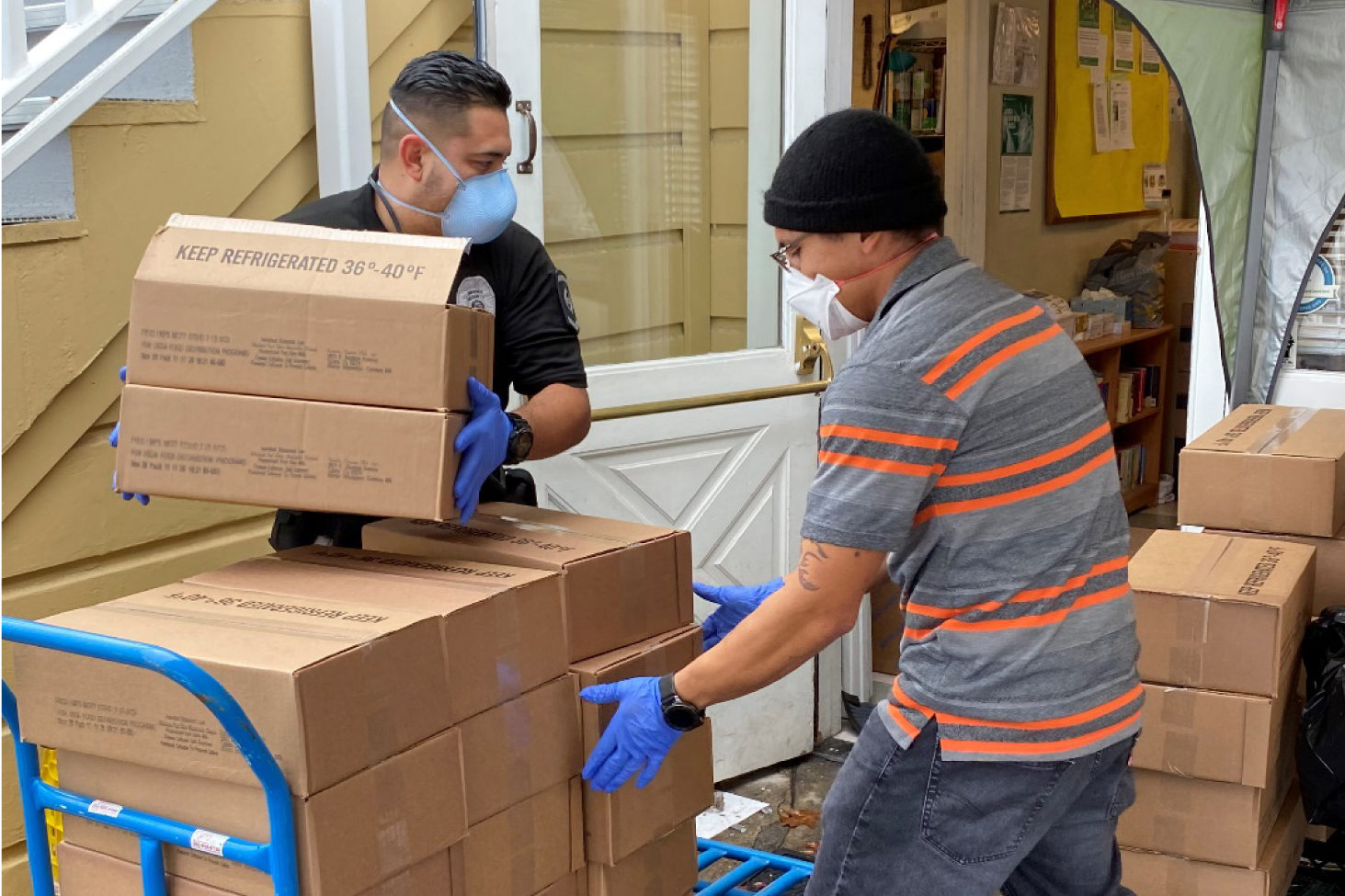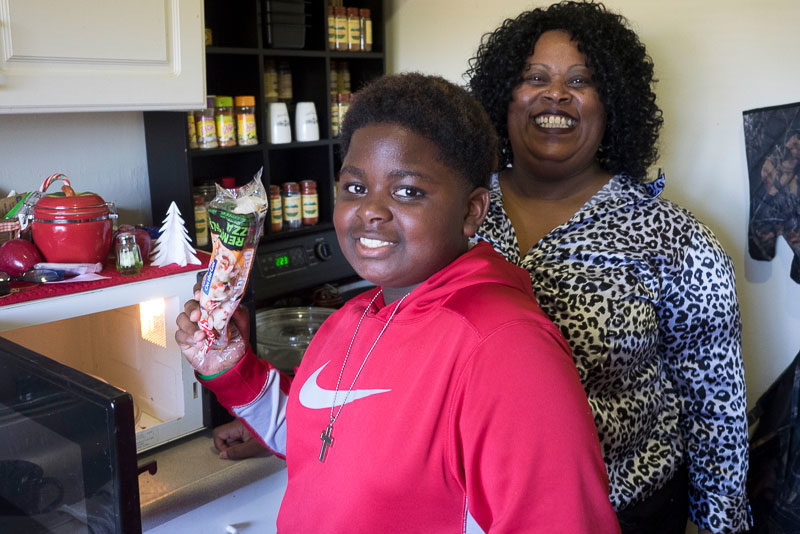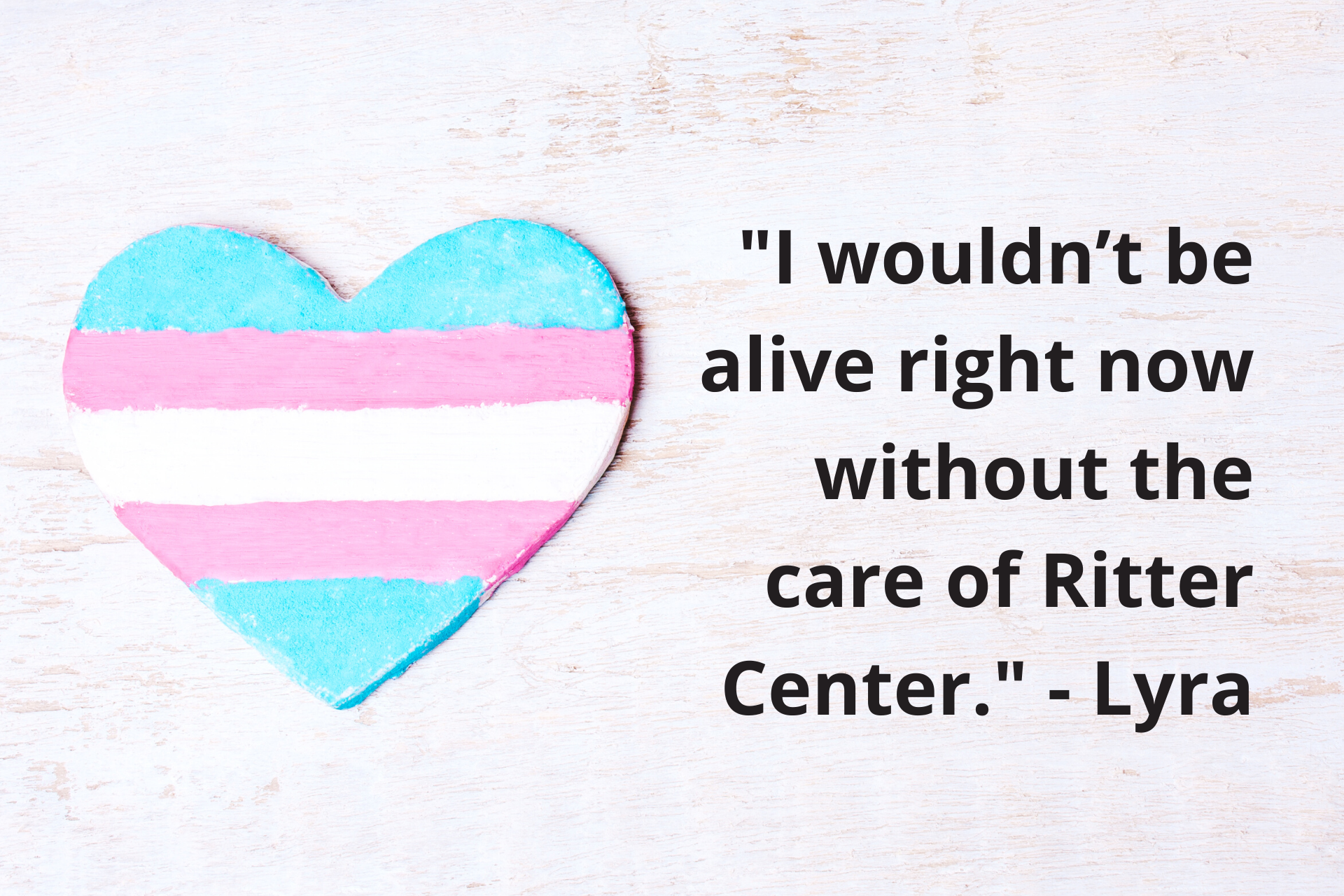– Ashley Hart McIntyre, Marin County’s Homelessness Policy Analyst

“People become homeless when they run out of relationships.”
Whole person care – what exactly does this term mean?
We know that overall health is not restricted solely to physical health, but also includes well-being and wellness. The “whole person” approach includes emotional, spiritual, occupational, and financial aspects of life to create a holistic view of health.
Marin County’s Whole Person Care program nurtures the whole person and can help to restore dignity to an individual’s life. In June 2017, Marin County Department of Health & Human Services (Marin HHS) received approval from the state to begin implementation of the Whole Person Care Pilot (WPC) with a vision to build a sustainable, evidence-based, outcomes-focused coordinated system of care across health and social sectors to more efficiently and effectively serve Marin County’s most vulnerable Medi-Cal beneficiaries.
Marin County’s Whole Person Care Program coordinates care and shares data across housing, medical, mental health, and social services, for Medi-Cal adults with a focus on people experiencing homelessness. We also serve medically complex individuals who are not necessarily homeless.
Ritter Center works closely with Marin County’s Homelessness Policy Analyst Ashley Hart McIntyre and Acting Director of Whole Person Care Charis Baz.
“Whole Person Care encourages innovation in delivery of services to Medi-Cal recipients. The idea is that by providing more wraparound holistic services, we can reduce the cost of emergency room services. The program offers significantly more flexibility in how we spend funds so that we can more fully support a person’s journey on the critical path to wellbeing,” describes Charis Baz.
With Marin County serving as the backbone organization for state grants, Ritter works hand in hand with Ashley Hart McIntyre and Charis Baz to share information, track deliverables, and coordinate care on a shared platform. Case managers are able to directly work with people to do whatever is needed to become housed. This might mean paperwork, DMV coordination, landlord negotiation, grocery shopping, cooking, and other support to help create and maintain stability.
Ashley Hart McIntyre emphasized, “…that Whole Person Care enables the Ritter team to use a holistic case management approach with a multi-disciplinary team of rotating case managers for each person. This is a large part of why Marin is on track with our goals to end chronic homelessness by 2022. It is essential that we house the most vulnerable first in order to fully support their challenges of navigating life.
People don’t become homeless when they run out money. People become homeless when they run out of relationships.”
Homelessness is caused by a perfect storm of factors. It can happen to anyone. It is often social and economic forces such as job loss, divorce, and behavioral health issues. In fact, almost every individual will experience one or more of these major challenges at some point during their lifetime. It’s when all of these things happen on top of one another, such as a job loss and unexpected cancer diagnosis or divorce, that can cause someone to experience homelessness.
Whole Person Care has enabled agencies and partners to share information more easily and to deliver services across the board in enhanced ways. The care coordination platform gives every partner involved the whole picture of each client and the care each agency will provide.
Some excellent outcomes of the Marin County Department of Health and Human Services and its partners include the following:
- The Marin County Department of Health and Human Services (HHS) and its partners have reduced chronic homelessness by 28 percent since 2017.
- From October 2017 through January 2020, 178 individuals who were experiencing chronic homelessness have been housed.
- The total count of people experiencing homelessness in Marin on a single day is 1,034 individuals, a 7 percent reduction from 2017 to 2019. This is especially notable given significant increases in homelessness across other Bay Area counties.
- A key component to this success has been our ability to create new housing for people experiencing chronic homelessness by pairing Marin Housing Authority’s Housing Choice Vouchers with Whole Person Care (WPC) case management teams. We have created 100 new units of Permanent Supportive Housing in Marin using this approach in the past two years.
- Marin has also implemented a data-sharing and care coordination platform that allows 30 partner agencies to access nearly 1,900 client profiles for vulnerable county residents.
- 17 percent reduction in Emergency Department visits and among WPC clients after being enrolled in the program.
- 20 percent reduction in incarcerations and among WPC clients after being enrolled in the program.
- In San Rafael, 54% and 86% reduction in EMS transports and police calls, respectively, for people housed through WPC.
The program’s success in such a short time is undeniable. By collaborating across organizations and helping people through the lens of rebuilding their whole lives, homelessness could become history in Marin County in the next five years.



